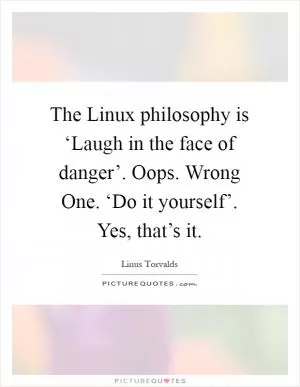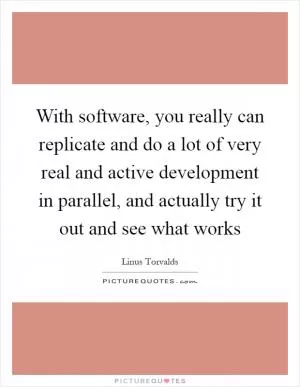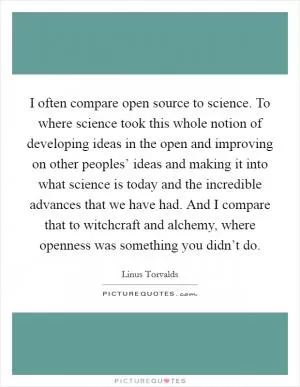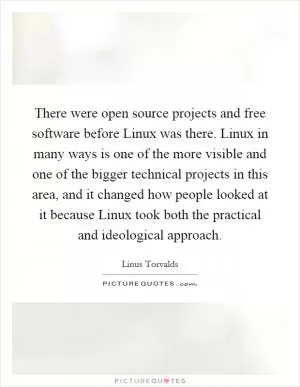Theory and practice sometimes clash. And when that happens, theory loses. Every single time

Theory and practice sometimes clash. And when that happens, theory loses. Every single time
Linus Torvalds, the creator of the Linux operating system, is a prime example of someone who has demonstrated the clash between theory and practice in the world of technology. Torvalds is known for his pragmatic approach to software development, often prioritizing practicality and real-world results over theoretical perfection.One of the key principles of Torvalds' approach to software development is his belief in the importance of getting things done. He famously said, "Talk is cheap. Show me the code." This statement reflects his belief that theory alone is not enough to create successful software – it must be put into practice and tested in the real world to truly prove its worth.
Torvalds' emphasis on practicality has led to some clashes with more theoretically-minded developers. For example, he has been known to criticize the use of overly complex or abstract code that prioritizes theoretical elegance over practical utility. In Torvalds' view, software should be designed with the end user in mind, and unnecessary complexity should be avoided in favor of simplicity and efficiency.
One of the most famous clashes between theory and practice in Torvalds' career came in the form of his creation of the Linux kernel. When Torvalds first began working on the kernel in the early 1990s, he was not concerned with adhering to established theoretical principles of operating system design. Instead, he focused on creating a functional and practical solution to the problem of building a free and open-source operating system.
Despite criticism from some in the academic and theoretical computing community, Torvalds' pragmatic approach to software development has proven to be highly successful. The Linux kernel has become one of the most widely used operating systems in the world, powering everything from smartphones to supercomputers.












 Friendship Quotes
Friendship Quotes Love Quotes
Love Quotes Life Quotes
Life Quotes Funny Quotes
Funny Quotes Motivational Quotes
Motivational Quotes Inspirational Quotes
Inspirational Quotes